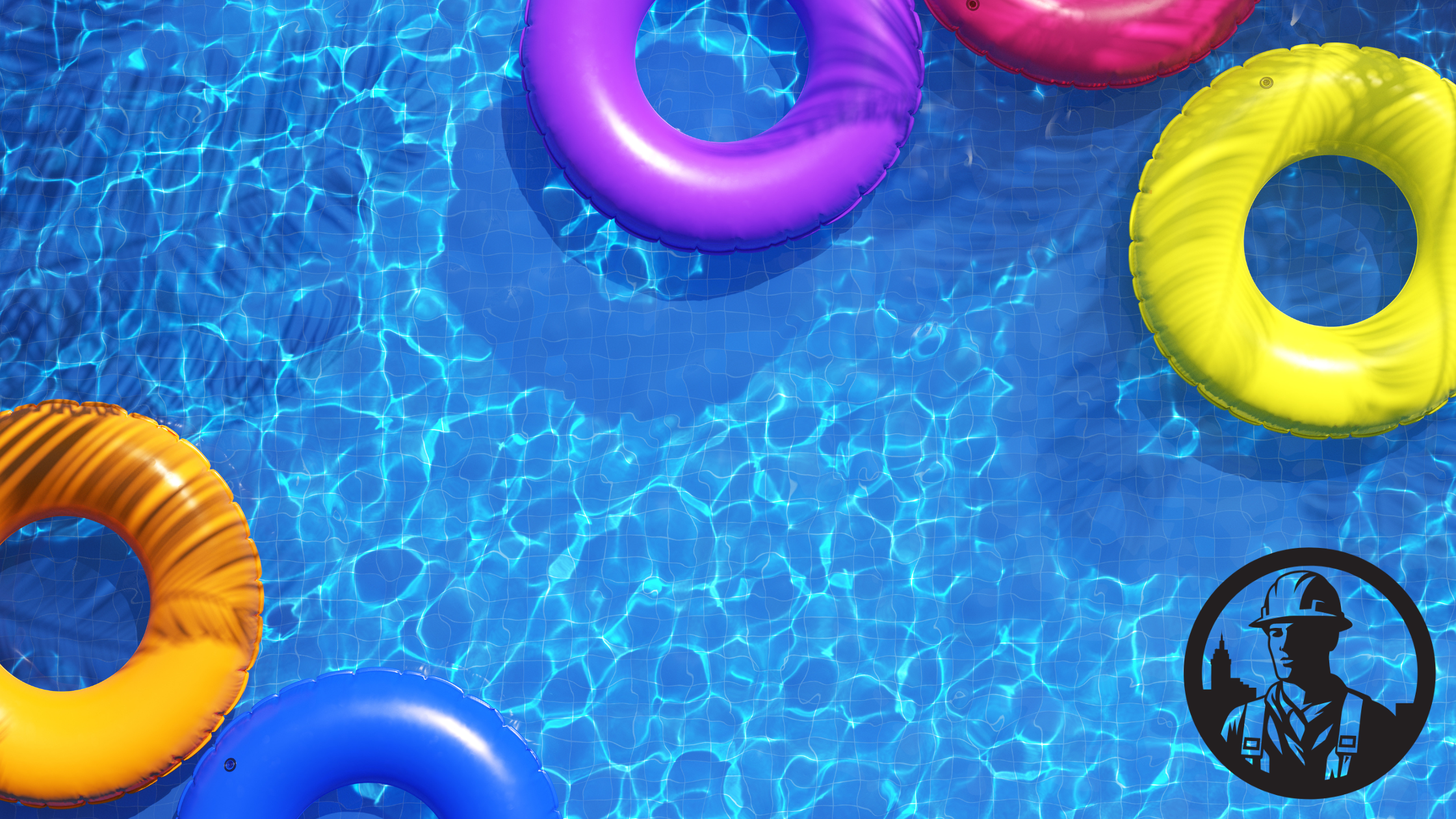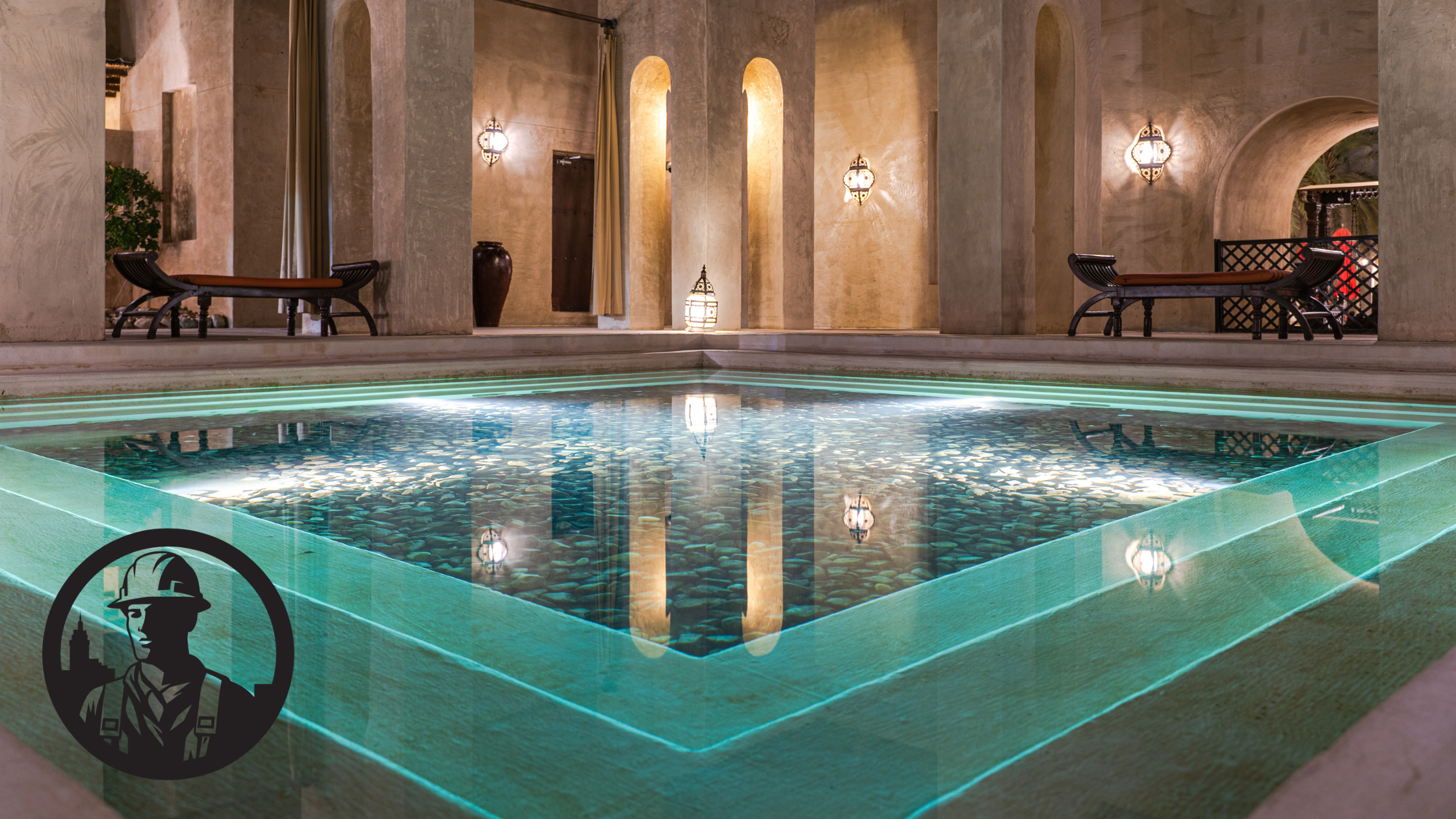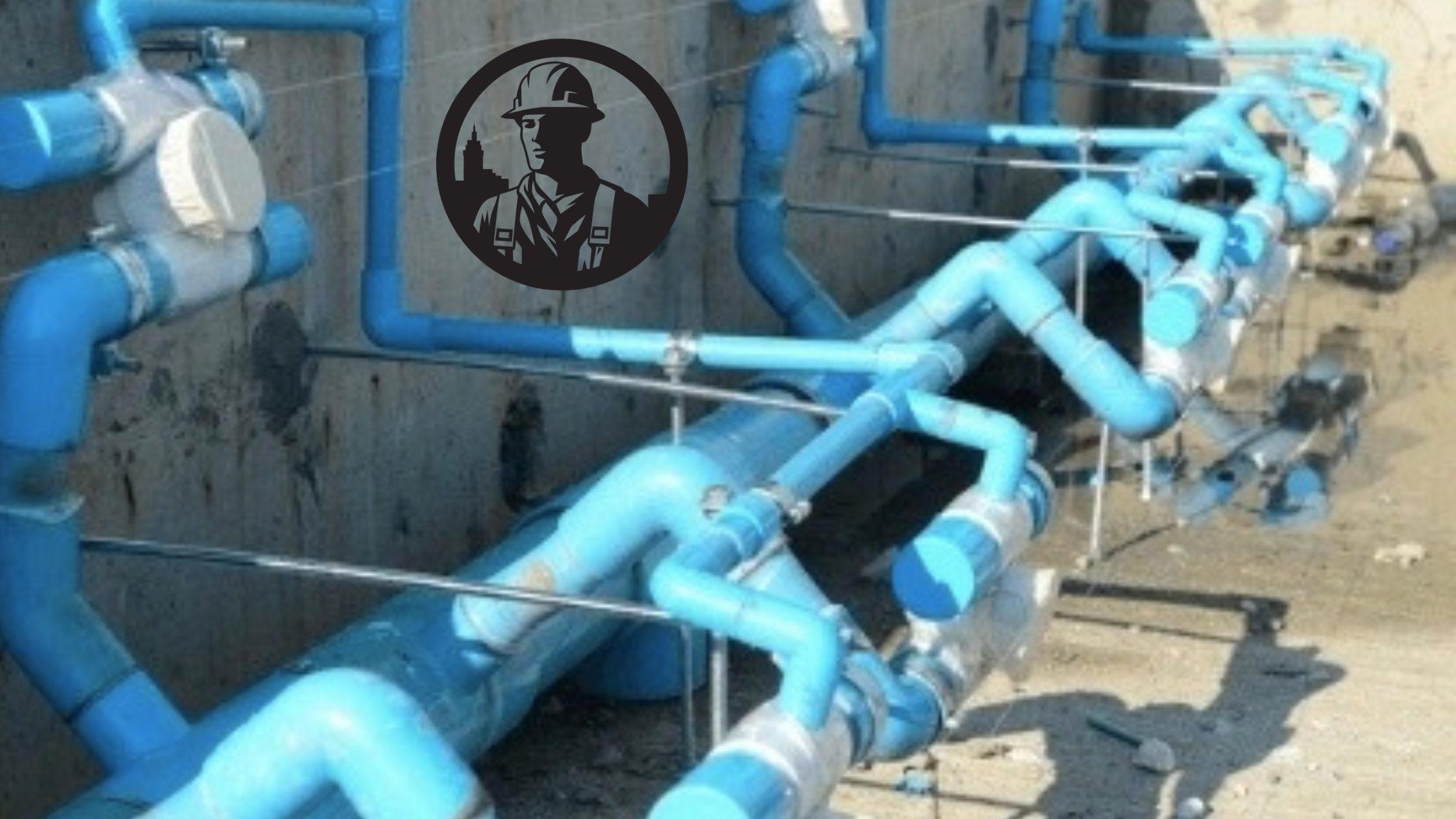
Pool Maintenance Technician — Keeping the Backyard Oasis Sparkling
While pool installers create backyard paradises, it’s the pool maintenance technicians who ensure those paradises stay safe, clean, and inviting year-round. These professionals handle everything from chemical balancing to equipment checks, making sure every swim is a safe, crystal-clear experience.
Pool maintenance technicians are responsible for:
Water Chemistry Management: Testing and adjusting chlorine, pH, and alkalinity to maintain safe water.
Equipment Maintenance: Checking pumps, filters, heaters, and automation systems.
Cleaning & Debris Removal: Skimming, vacuuming, and brushing to keep pools spotless.
Seasonal Prep: Opening pools in spring and winterizing them in colder climates.
Industry Outlook & Career Pathways
Education & Development:
Entry often requires a high school diploma or equivalent, plus hands-on training through on-the-job experience.
Specialized certifications include:
Certified Pool Operator (CPO) – essential for chemical handling and equipment knowledge.
Advanced certifications for commercial pools or spa systems (CMS, CSP).
Income Potential:
Level
Approximate Annual Earnings (U.S.)
Entry-Level Technician
~$30,000–$35,000
Experienced Technician
~$45,000–$55,000
Lead/Certified Specialist
$65,000+
Job Outlook:
The pool maintenance sector grows with the number of residential and commercial pools, especially in regions with warm climates.
High turnover in the workforce creates steady opportunities for new technicians.
High-Demand Areas:
Sunbelt states, coastal resorts, and communities with high numbers of private or commercial pools.
Facilities like hotels, gyms, and water parks often require dedicated maintenance staff.
Why This Career is Exciting:
This role blends hands-on outdoor work with technical expertise. Pool maintenance technicians see instant results of their work, can specialize in chemical safety or automation, and may eventually start their own service business in their local community.

Pool Electrical Contractor — Powering the Spark Beneath the Surface
Behind every glowing pool light and perfectly humming pump is an electrical contractor who knows how to safely bring power to water. Working around water requires specialized skills — and that’s where pool electricians shine.
Pool electricians handle:
Pump & Filtration Wiring: Ensuring pumps, timers, and controls are powered and grounded.
Underwater & Landscape Lighting: Installing safe, code-compliant lighting that makes pools shine at night.
Automation Systems: Wiring the brains behind smart pools — app-controlled heaters, lights, and chemical feeders.
Safety Systems: Installing bonding, grounding, and GFCI protection to keep swimmers safe.
What makes it unique?
Pool electrical work is specialized and exciting. Unlike general indoor wiring, pool electricians work outdoors, often in beautiful backyard or resort settings. They blend technical skill with design — making sure pools are not just safe but stunning. Because of strict electrical codes for pools, these pros are highly valued specialists.
Industry Outlook & Career Pathways
Education & Development:
Most start with a residential or commercial electrician apprenticeship (2–5 years) and licensing.
Specialized training in pool automation, underwater lighting, and bonding/grounding sets electricians apart.
Continuing education in smart-home tech and energy-efficient systems opens additional opportunities.
Income Potential:
Level
Approximate Annual Earnings (U.S.)
Apprentice
~$38,000
Journeyman
~$61,600
Master/Specialist
$90,000+
Job Outlook:
Electrician jobs are expected to grow 9–11% over the next decade, above the average for all occupations.
Labor shortages make this specialty highly sought after, particularly for energy-efficient, sustainable, or smart-home pool systems.
High-Demand Areas:
Outdoor lighting, pool automation, LED systems, and smart-home integration in residential and commercial pools.
Regions with rapid suburban growth or luxury resort developments.
Opportunities often expand into adjacent specialties, including solar-powered systems and EV charger installations.
Why This Career is Exciting:
It combines technical expertise, creative problem-solving, and outdoor work. You get to see tangible results every day while working with cutting-edge technology. This career is perfect for those seeking high demand, upward mobility, and the possibility of starting their own specialized business.

Pool Plumbing Contractor — The Flow That Fuels the Backyard Oasis
When most people think of plumbers, they picture someone fixing a leaky faucet or unclogging a drain. But there’s a specialized side of plumbing that keeps backyard oases and resort pools running smoothly: pool plumbing contractors.
These pros design and maintain the hidden systems that make pools and spas work. From the moment a pool is built, they’re laying out underground water lines, connecting pumps and filters, and ensuring proper drainage and water flow. It’s a mix of engineering and craftsmanship that impacts everything from water clarity to safety.
Pool plumbers also handle:
Circulation Systems: Installing skimmers, returns, and suction lines to keep water moving and filtered.
Heater & Gas Line Hookups: Ensuring cozy warm water for those evening swims.
Leak Detection & Repairs: Using specialized tools to locate and fix underground leaks before they wreak havoc.
Seasonal Services: In many regions, plumbers open pools in spring and winterize them before the cold sets in.
Industry Outlook & Career Pathways
Education & Development:
Most pool plumbers start with a general plumbing apprenticeship (4–5 years) and may supplement training with community college or trade school courses. Licensing exams follow, and pool-specific certifications can further boost credentials:
CPO (Certified Pool & Spa Operator) – foundational knowledge in water chemistry and equipment operations
CMS, CST, CSP – advanced tiers covering maintenance, filtration, electrical troubleshooting, and full-service professionalism
Income Potential:
Level
Approximate Annual Earnings (U.S.)
Apprentice
~$39,000
Journeyman
~$60,000–$63,000
Master/Specialist
$95,000+
Job Outlook:
General plumbing is projected to grow 6% from 2023–2033, with about 43,300 new jobs opening annually.
Pool specialists benefit from labor shortages, luxury pool demand, and seasonal spikes.
High-Demand Areas:
Sunbelt states, resort communities, and fast-growing suburban areas.
Commercial and public pools, including gyms, hotels, and recreational centers, often require certified operators.
Many skilled plumbers eventually launch their own pool service companies, especially where residential pool markets are booming.
Why This Career is Exciting:
Pool plumbing blends outdoor work, technical skill, and visible results. You’re not just fixing leaks — you’re building experiences that families and communities enjoy for years. For those who want variety, problem-solving, and the chance to grow their own business, this is a rewarding niche.
